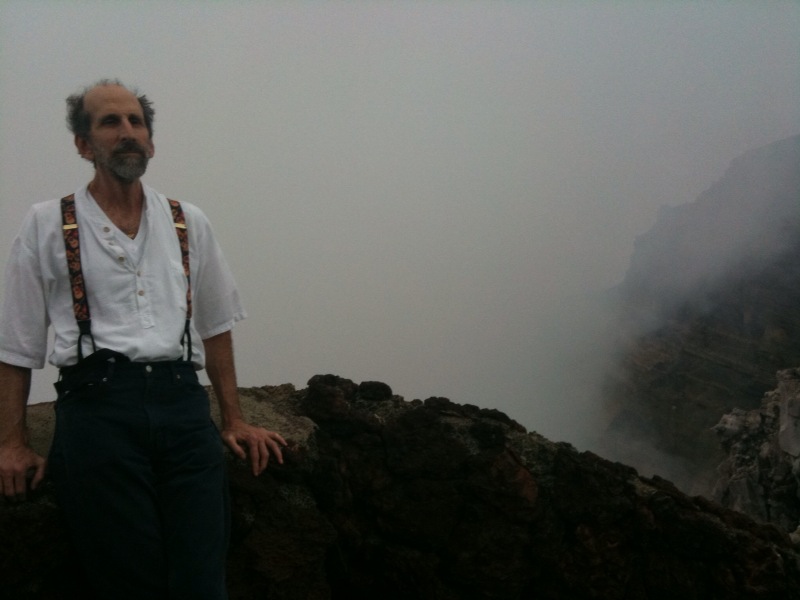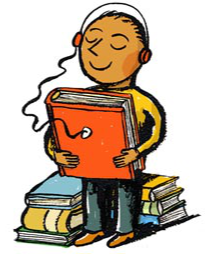So this black transgender female over 40 in a wheelchair rolls into a mosque…you get the picture. Turn on NPR or your tribal TV news outlet or boot up your smartphone at any time and you’ll catch a story on the “ism” du jour: sexism, racism, ageism, identityism or ableism.
It seems that every day there is some news item or a story about “diversity” – a word that has become a semantic tsunami that washes over us daily and, at least in this country, represents anyone and everyone who isn’t a non-disabled straight white man.
I recently caught a story about the people who did the important math calculations for NASA during the early days of the space program, from the late 50s through the Apollo missions to the moon. This was at a time when “computers” were people, not machines. They used slide rules, solved differential equations and did the calculus that sent Alan Shepard up and down and John Glenn orbiting the earth and enabled Neil Armstrong to step onto the lunar surface.
These computers were black women. You saw newsreel images of white men with crewcuts and chunky glasses in NASA control rooms while these women were hidden in segregated buildings with segregated bathrooms and drinking from separate water fountains. These women were crunching the numbers for the trajectories, orbits and splashdowns that made our space program possible while steeped in a Jim Crow system that told them they were free but not equal.
Why are we so surprised to find out that these complicated calculations were being made by black women? After all, it’s ability that counts, right?
Any contrary language, belief or action that targets a “group” is the product of small-minded people (hello, Donald, are you listening?) and shines a powerful spotlight on the disturbing ambiguity of the human mind. And there appears to be no shortage of those minds sloshing and squishing around in the heads of many these days.
If our inherent nature wasn’t to discriminate against others there would have been no need for civil rights legislation and the passing of the Americans with Disabilities Act and heck, even the need to write down “…all men are created equal…”, the Founding Fathers ironically displaying their prejudice against women! Proof positive of who we are.
As once a sighted person and now totally blind, I can report that blindness has kept some of my prejudicial tendencies at bay. I stopped making those snap judgements that skin color or cultural clothing or body shape prompted in my behavior. All I get are the words coming out of a person’s mouth.
Yes. I do discriminate on the essence of a person – what they can bring to my table or what I might bring to their plate – and accept or dismiss them accordingly. We do need to judge what and who is good or bad for us, but we are all served well to make those decisions based on essence and keep all the isms in check. There is hardly an advantage in dismissing the better candidate.
Hiring and promoting based on ability and performance. What a concept!
Imagine a blind job application. If any and every person applying for a position could apply with their gender, ethnicity, age, identity and disability somehow hidden, what would our workplaces look like? And more importantly, what would be the level of productivity?
Of course, employers should not be asked to hire a person before meeting them. But imagine a completely objective metric being assigned to an application for employment before the boss meets the job-seeker face to face. And if that metric included not only work experience but a measure of intuition by some means as well, it would offer employers a competitive edge by hiring someone who intuits with the best of ‘em.
If we could strip away all the superficial stuff that taints the decision making process, who would we hire? Who would we promote? Alas! Who would we love?
There’s a short overweight Latin woman cleaning houses who would make an excellent CEO if we could just find her…or if she could find us.
And equal pay for equal work? Besides being a no-brainer, another stunning example of how deep discrimination runs like rich red blood through our veins. Certainly as ridiculous as drinking from separate water fountains.
Indeed. All people are created equal. Now if we could just get that woven into the fabric of humanity somehow.
Steve Gladstone
The Blind Dude















